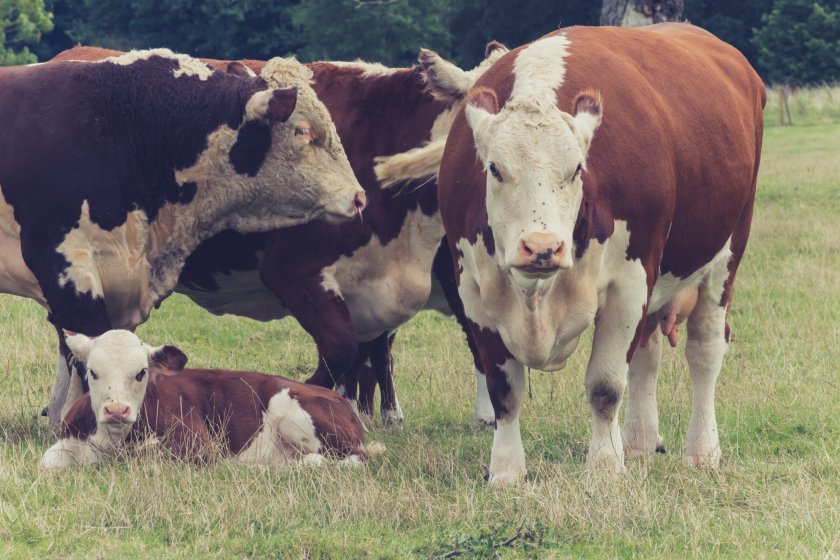
Over 50 bluetongue cases have been recorded in Norfolk and Kent as farmers and vets meet tonight for an 'urgent' update on the situation.
A farmer focussed bluetongue meeting is due to take place tonight (15 January) as key industry organisations work to provide support to those affected.
There have been 51 bluetongue cases in England on 27 farms and holdings, according to the latest figures published by Defra.
Both Norfolk and Kent are still in a temporary control zone (TCZ) since the initial outbreak of bluetongue in mid-November, which was the UK's first case since 2007.
Bluetongue is a non-contagious, viral disease affecting sheep and cattle, which is transmitted by insects, particularly biting midges.
The severity of disease varies among different species, with clinical signs being most severe in sheep, resulting in death, weight loss and disruption in wool growth.
Cattle often have a higher infection rate than sheep, and the demonstration and severity of clinical signs varies depending on the strain of virus.
However, production losses, particularly milk yield, can remain for a long time and are significant. Infected animals can abort or give birth to weak offspring.
Defra's latest update said that surveillance was ongoing, adding that "there is still no evidence that bluetongue virus is currently circulating in midges in Great Britain."
It comes as an 'urgent' meeting will get underway today to provide the latest update for farmers and vets.
Chairing the meeting will be Hugh Broom, NFU East livestock board member, and Dan Phipps, chairman of the National Sheep Association (NSA).
He said: “Ensuring vital and importantly, up to date BTV-3 information is accurately shared with farmers, is dependent on all of the industry experts and stakeholders collaborating."
The meeting is open to farmers and vets, and will be held at Dunston Hall, Norwich from 7pm to 8.30pm.
Defra confirmed in its latest update that the TCZs are not being extended and movement restrictions continue to apply to cattle, sheep, deer, camelids and other ruminants in the zone.
The bluetongue virus is usually transmitted by midge bites and affects cows, goats, sheep and other camelids such as llamas.
Midges are most active between April and November and not all susceptible animals show immediate, or any, signs of contracting the virus.
Impacts on susceptible animals can vary greatly – some show no symptoms or effects at all while for others it can cause productivity issues such as reduced milk yield, while in the most severe cases can be fatal for infected animals.
Farmers can call the dedicated bluetongue hotline to get advice or ask questions linked to the current situation – on 024 7771 0386 from 9am to 5pm, Monday to Friday.
